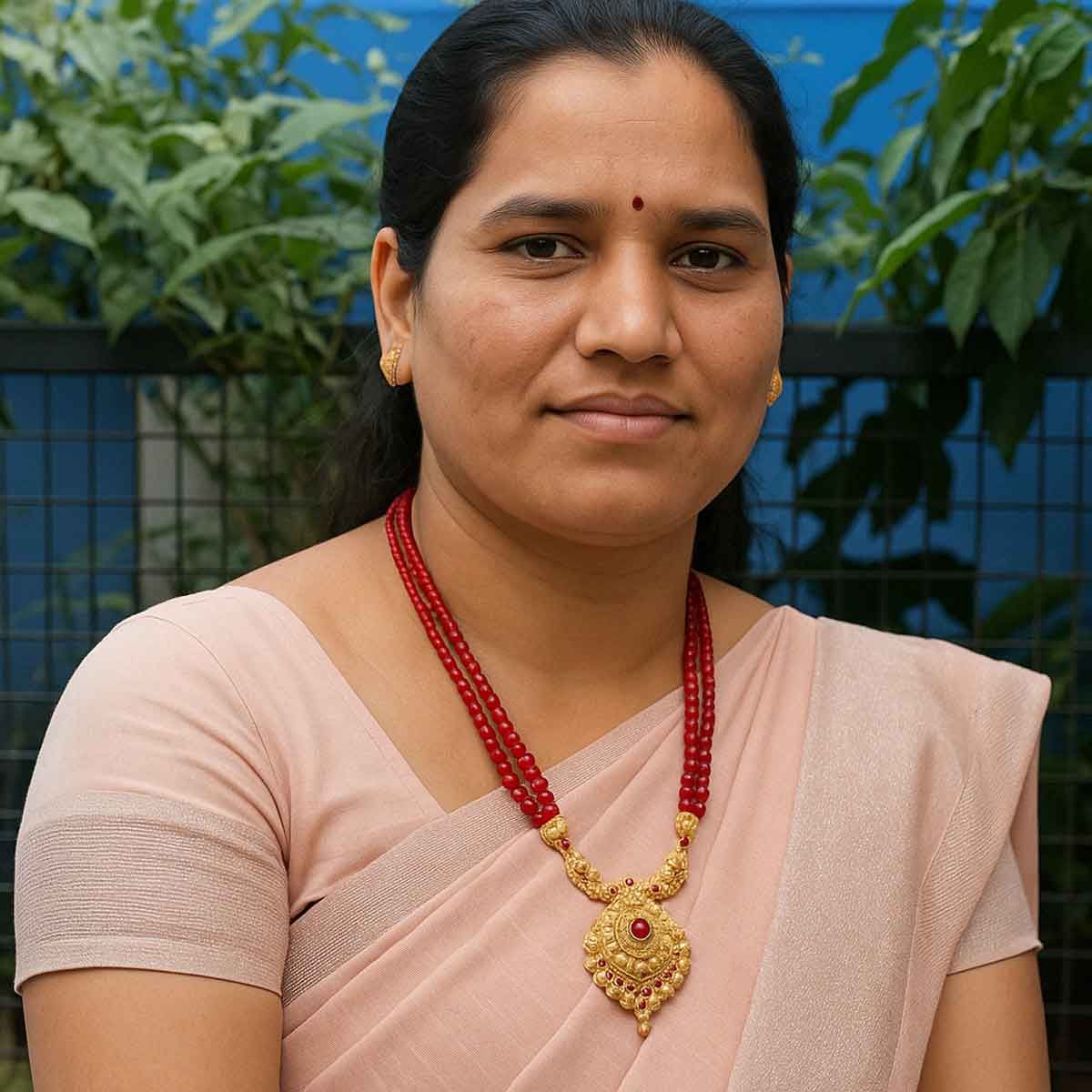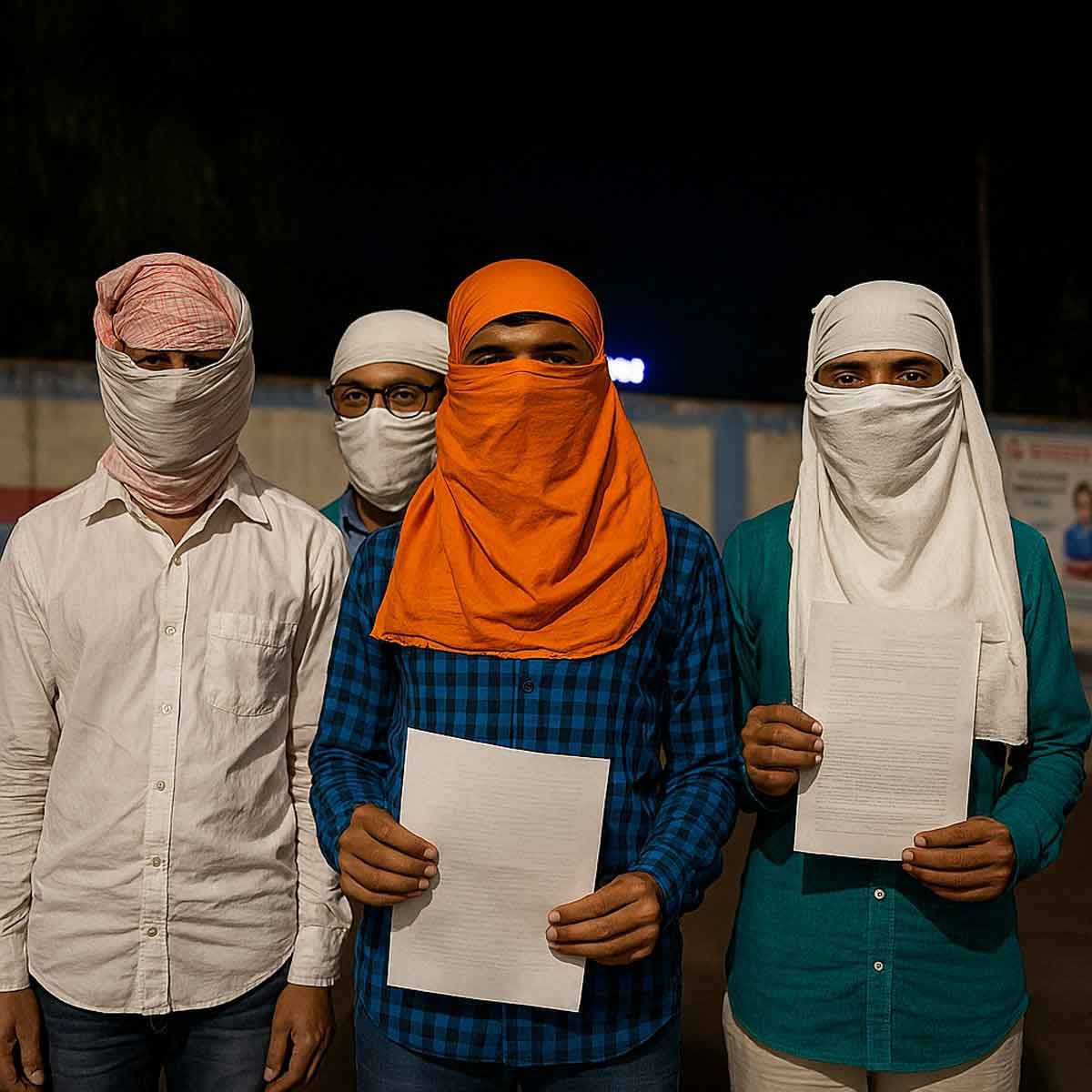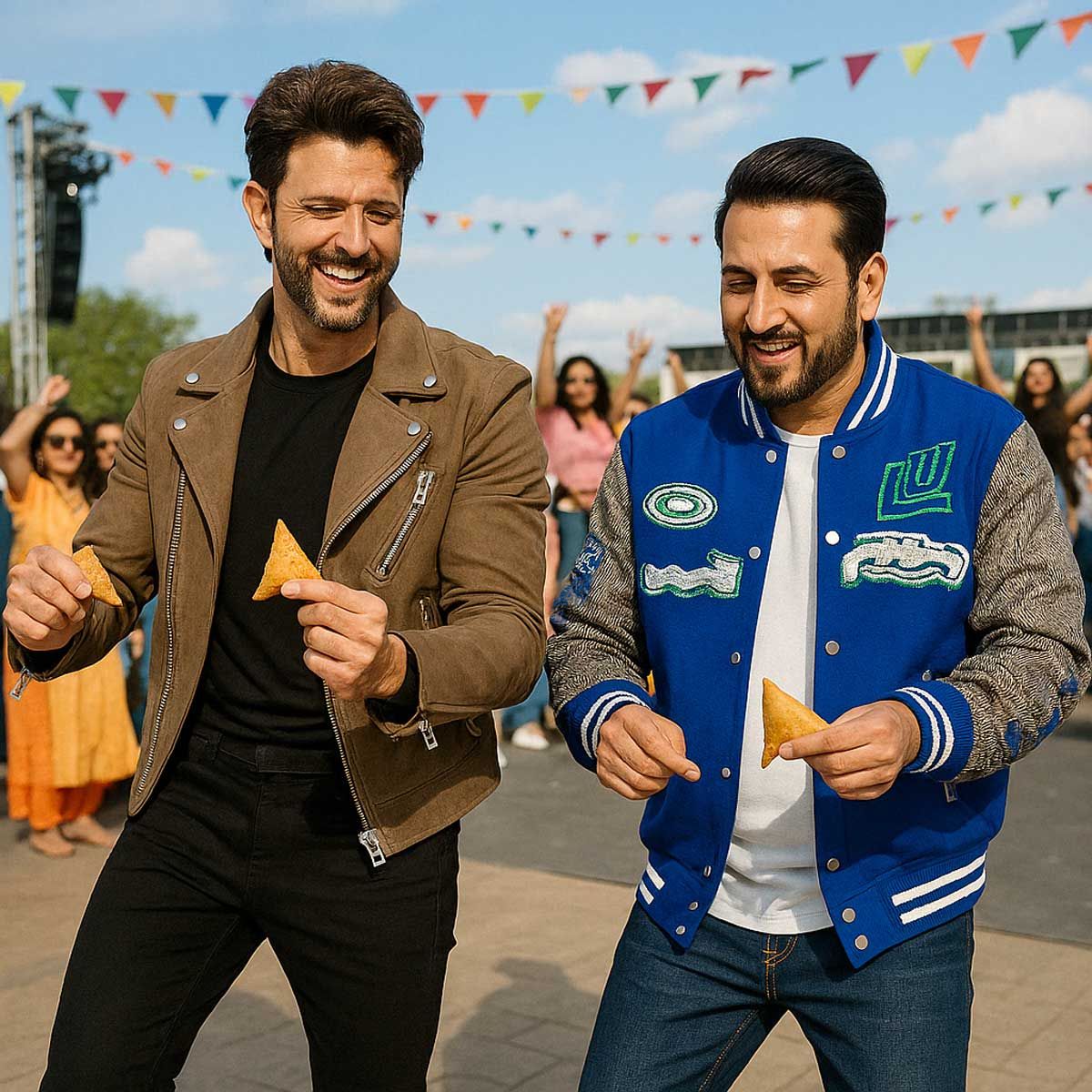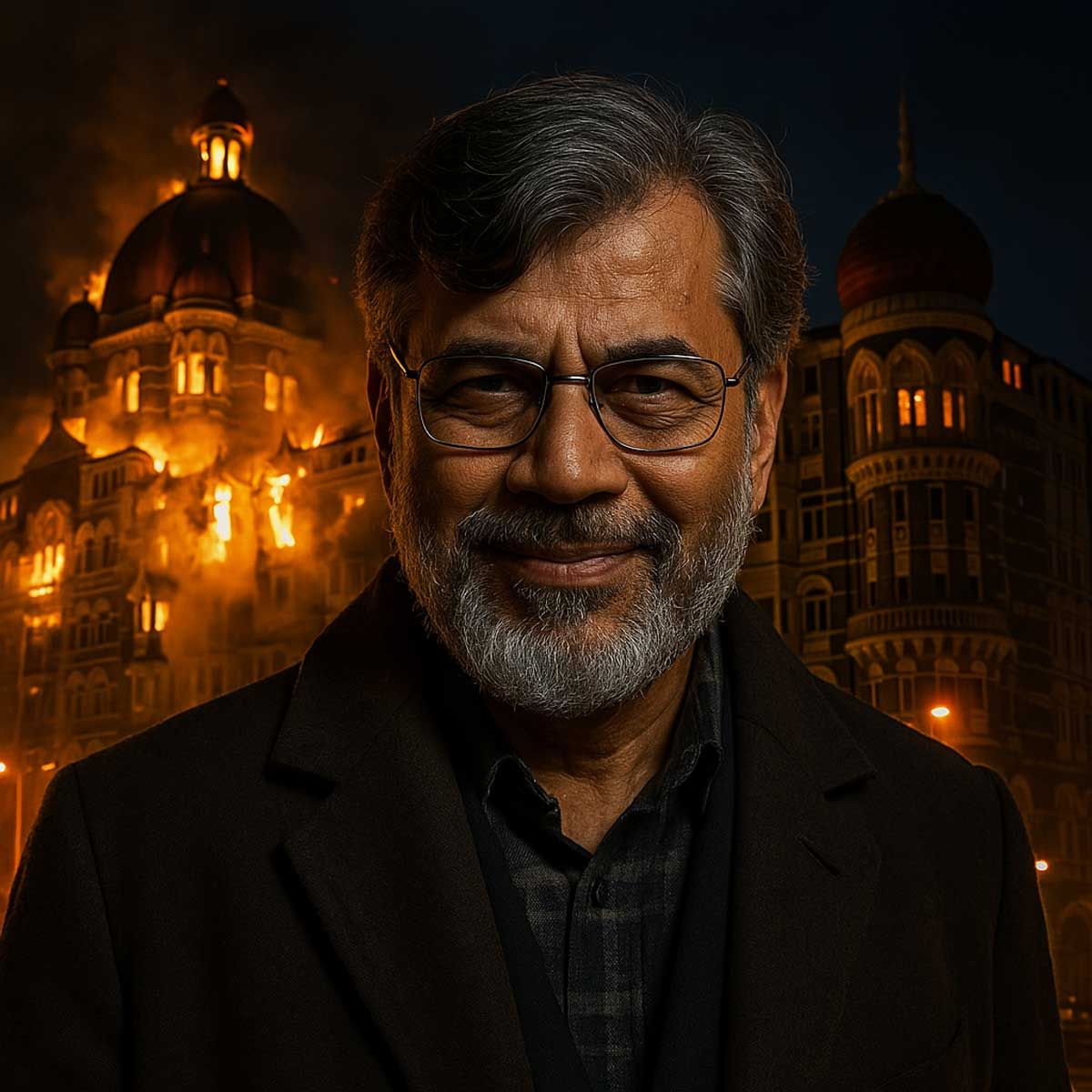More Coverage
Twitter Coverage
Satyaagrah
Written on
Satyaagrah
Written on
Satyaagrah
Written on
Satyaagrah
Written on
Satyaagrah
Written on
JOIN SATYAAGRAH SOCIAL MEDIA
"George Soros hates humanity": Elon Musk accuses Soros of orchestrating a humanity-hating crusade, using his NGO network to systematically erod civilizational pillars through calculated election interference and societal manipulation on a global scale
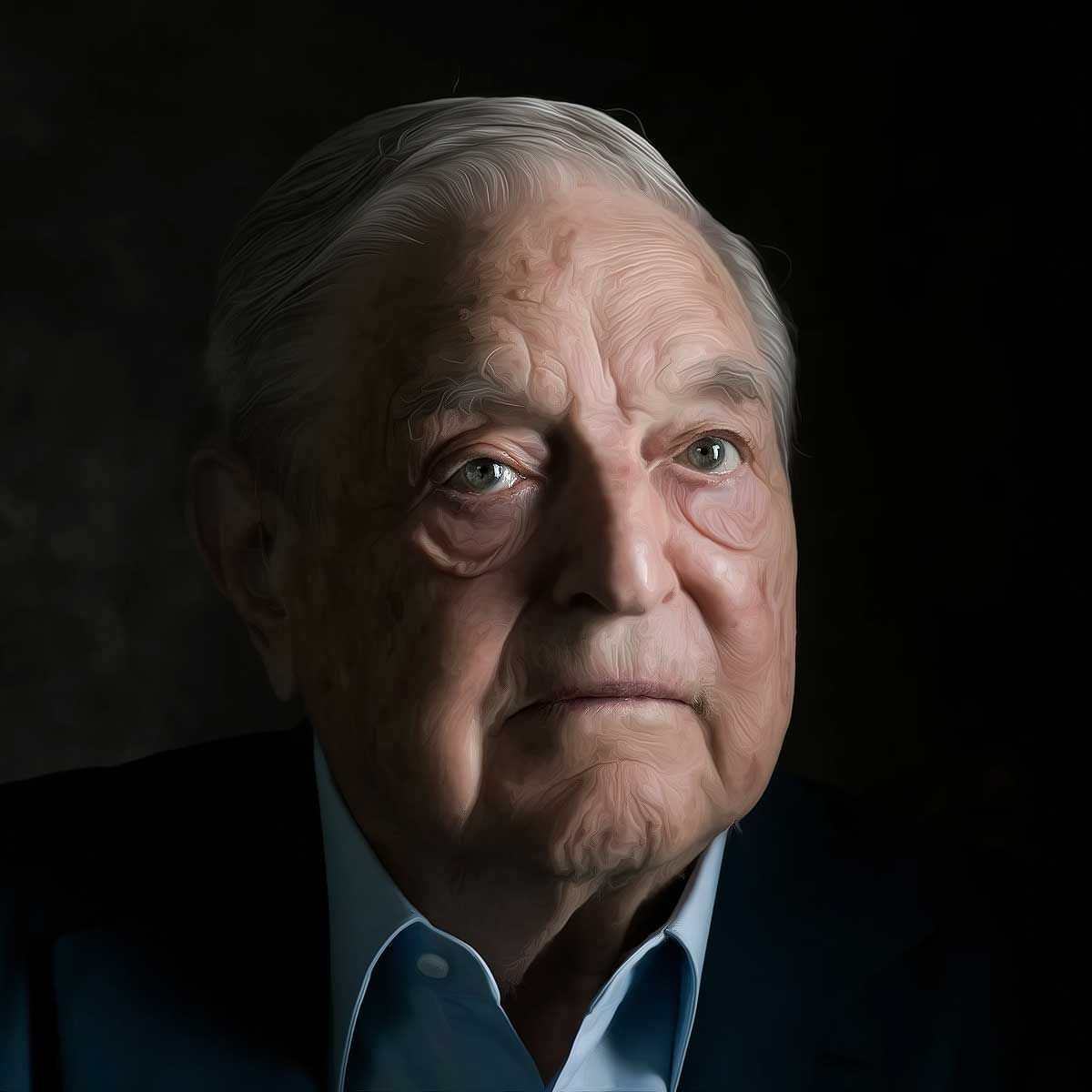
In a candid exchange on Joe Rogan's podcast, Tesla's CEO Elon Musk delivered a scathing critique of billionaire philanthropist George Soros, suggesting a profound animosity towards human civilization at the core of Soros's actions. Musk, who has become as renowned for his unfiltered commentary as his entrepreneurial ventures, asserted, "In my opinion, (Soros) fundamentally hates humanity. He is doing things that erode the fabric of civilization."
|
Musk's contention revolves around Soros's alleged role in influencing the election of District Attorneys (DAs) who, according to Musk, are lenient on crime and thus contribute to escalating crime rates in major U.S. cities. This accusation from one of the most high-profile figures in technology underscores a broader concern over the integrity of civic institutions and the influences that shape them.
The podcast, spanning almost three hours, allowed Musk to elaborate on his views, presenting a narrative of civilizational decay facilitated by what he perceives as Soros's meddling in democratic processes. This stark admonition from Musk sets the stage for further discourse on the impact of private wealth on public policy and governance.
Elon Musk, in his conversation with Joe Rogan, expanded on his concerns about George Soros, zeroing in on the influence exerted in urban legal systems. He criticized Soros's involvement in local District Attorney elections, a move Musk implies has directly contributed to the reluctance to prosecute crime in cities like San Francisco and Los Angeles. "Getting DAs elected who refuse to prosecute crime…That is part of the problem in San Francisco, and LA, and a bunch of other cities. So why would you do that? He is pushing things in other countries as well," Musk stated, suggesting a pattern of Soros's intervention that extends beyond the United States.
|
Musk didn't shy away from personal remarks about Soros, commenting on his age and suggesting a decline in his cognitive sharpness. “George, at this point is pretty old…basically a bit senile at this point…He is very good at arbitrage – famously he shorted the British pound…That’s how I think he made his first money,” Musk said, not mincing his words. He acknowledged Soros's financial acumen, particularly in reference to his notorious bet against the British pound, which Musk posited as the foundation of Soros's fortune.
In his critique, Musk hinted at a calculated strategy by Soros to maximize his influence over local elections, insinuating that the philanthropist is seeking a 'good value' for his investments in societal change. This assertion by Musk feeds into a larger narrative of skepticism regarding the role of big money in politics and its potential to sway the mechanisms of justice and public safety.
Elon Musk continued to dissect the strategy he attributes to George Soros, focusing on the perceived efficiency of investment in local political races. Musk explained, “And one of the things he noticed is that the value for money in local races is much higher than it is in national races. “The lowest value for money is a presidential race. The next lowest value for money is a Senate race, then a Congress. And when you get to city and state district attorneys the value for money is extremely good,” outlining a hierarchy of political influence that suggests local races offer more bang for the buck compared to their national counterparts.
|
Musk's analysis ventured into the mechanics of legal enforcement, positing that Soros had discovered a loophole of sorts in the political system. “Soros realized that you don’t actually need to change the laws, you just need to change how they’re enforced…If no one chooses to enforce the laws, or the laws are differentially enforced, it’s like changing the laws,” Musk stated, suggesting that by shaping the priorities and actions of district attorneys, one could effectively alter the legal landscape without ever touching the statute books.
This critique isn't a new chapter in Musk's public commentary. His previous run-ins with Soros's political maneuvers indicate a longstanding skepticism and concern over the billionaire's influence. Musk's pointed remarks are more than just a critique of one individual; they tap into a broader public unease about the opaque ways in which wealth can shape societal outcomes, bypassing the more transparent legislative process traditionally subject to public scrutiny and debate.
The narrative Musk paints is one of a covert re-engineering of society's foundational rules, without public input or awareness. It's a perspective that invites deeper reflection on the balance of power in democratic societies and the safeguards in place to ensure that the will of the people isn't silently supplanted by the will of the few.
|
George Soros-funded group impacted the outcome of the 2020 US elections
In the intricate web of political influence and election outcomes, George Soros's Open Society Foundations (OSF) have been implicated in activities that critics like Elon Musk argue subvert the democratic process. The release of internal documents following Twitter's acquisition by Musk shed light on the actions of First Draft News, an OSF-funded group. It was revealed that this group played a role in downplaying the Hunter Biden story, a narrative with potential implications for voter decisions during the 2020 US Presidential elections.
This revelation comes amidst a broader accusation that Soros and his funded entities have a history of meddling with democratic integrity and influencing regime changes. The strategic suppression of certain news stories, as Musk points out, can have a profound impact on the electorate's perception and, consequently, the election's outcome.
|
The interventions of Soros's OSF don't stop at media influence. In May of the previous year, two advocacy groups financially backed by OSF, Free Press and Media Matters for America, exerted pressure on major corporate brands. They urged these companies to rethink funding advertisements on Twitter, demonstrating the power and reach of such organizations in shaping corporate policy and public discourse.
These incidents paint a picture of a multi-layered approach to influencing public opinion and election dynamics, raising questions about the boundary between legitimate political advocacy and manipulation. The involvement of high-profile individuals like Elon Musk in bringing these actions to light adds another layer of public interest and scrutiny to the discussion.
George Soros and his anti-India agenda
2023 has been a year of heightened scrutiny for India on the global stage, with the nation finding itself in the thick of what has been termed a 'perception war.' A significant salvo in this battle came from George Soros, who seized upon the Adani-Hindenburg saga to launch a pointed critique against the Indian administration.
On February 16th, amid the tumult of market fluctuations and corporate allegations, Soros made stark accusations, intertwining the fates of Prime Minister Narendra Modi and business magnate Gautam Adani. He painted a picture of their alliance with broad strokes, alleging, “Modi and business tycoon Adani are close allies. Their fate is intertwined…Adani Enterprises tried to raise funds in the stock market, but it failed. Adani is accused of stock manipulation and his stock collapsed like a house of cards.”
The tone of Soros's commentary didn't soften when addressing the subject of crony capitalism, squarely accusing Modi of being complicit in silence. “Modi is silent on the subject, but he will have to answer questions from foreign investors and in parliament,” Soros contended, suggesting a looming accountability for the Prime Minister that would span both international and domestic arenas.
Further, Soros proposed that the turbulence sparked by the Hindenburg Research report, which rattled the Indian markets, could pave the way for a 'democratic revival' through 'much needed institutional reforms.' This framing implies a silver lining, suggesting that financial upheavals could trigger a cleansing of systemic issues, leading to stronger democratic foundations.
Soros's statements add another layer to the complex interplay of politics, economics, and international relations that India is navigating. They reflect the scrutiny that comes with India's rising profile on the world stage and the diverse opinions that such prominence invites. As India continues to address these challenges, the narrative will evolve, highlighting the ongoing conversation around governance, corporate integrity, and economic resilience.
The narrative surrounding George Soros's engagement with Indian politics culminates in a discourse that is as complex as it is contentious. Soros, alongside a network of NGOs, activists, and journalists, has been accused of attempting to cast Prime Minister Narendra Modi as an 'electoral autocrat.' The endgame, as posited by his critics, is to present Modi's removal as a necessary act for the 'greater good' of India, a narrative that has been brewing over time.
Soros's influence is said to extend to the use of international institutions that he funds, such as Freedom House and the V-Dem (Varieties of Democracy) Institute. These organizations have come under scrutiny for their role in portraying India in a certain light on the global stage, with allegations that their reports and indices serve to diminish India's image internationally.
|
Adding to the multifaceted nature of his initiatives, in January 2020, Soros announced a $1 billion investment in a global university project. The institution's mission, as stated by Soros, is to combat the rise of nationalism and address climate change—phenomena he perceives as significant threats to global civilization.
This complex web of Soros's activities illustrates the interplay between philanthropy, ideology, and geopolitics. It raises questions about the lines between genuine social advocacy and political agenda-setting, as well as the implications of such actions on the sovereignty of nations and the fabric of global governance.
As this chapter closes, the discourse on the role of influential figures like Soros in shaping national and international policy continues. It remains a subject of vigorous debate, with ramifications for how democracy, national interest, and international relations are understood in an increasingly interconnected world.
 Support Us
Support Us
Satyagraha was born from the heart of our land, with an undying aim to unveil the true essence of Bharat. It seeks to illuminate the hidden tales of our valiant freedom fighters and the rich chronicles that haven't yet sung their complete melody in the mainstream.
While platforms like NDTV and 'The Wire' effortlessly garner funds under the banner of safeguarding democracy, we at Satyagraha walk a different path. Our strength and resonance come from you. In this journey to weave a stronger Bharat, every little contribution amplifies our voice. Let's come together, contribute as you can, and champion the true spirit of our nation.
 |  |  |
| ICICI Bank of Satyaagrah | Razorpay Bank of Satyaagrah | PayPal Bank of Satyaagrah - For International Payments |
If all above doesn't work, then try the LINK below:
Please share the article on other platforms
DISCLAIMER: The author is solely responsible for the views expressed in this article. The author carries the responsibility for citing and/or licensing of images utilized within the text. The website also frequently uses non-commercial images for representational purposes only in line with the article. We are not responsible for the authenticity of such images. If some images have a copyright issue, we request the person/entity to contact us at satyaagrahindia@gmail.com and we will take the necessary actions to resolve the issue.
Related Articles
- Samajwadi Party workers raise anti-National, pro-Pakistan slogans during a rally in Kanpur, Uttar Pradesh
- "देख रहे हो न विनोद": Soros and Clinton, among 19 to be awarded the Presidential Medal of Freedom by Biden; Soros’s Open Society Foundations faces scrutiny for funding anti-India activities and narratives against PM Modi’s democratically elected govt
- Modi govt crushed Soros-funded Reporters’ Collective’s falsehoods by revoking its non-profit status after it peddled fake poverty data, ignoring NITI Aayog’s work with OPHI & UNDP, while being bankrolled by Ford, Omidyar, Rockefeller, and Open Society
- "Challenging narratives, defending voices": George Soros' influence in India is already under scrutiny as X CEO Elon Musk to file legal action against Soros-funded NGOs' 'hate speech' narrative while sharing American writer Michael Shellenberger report
- X freezes IAMC & HfHR accounts over Anti-India claims, let's delve deep to uncover HfHR & IAMC's covert anti-Hindu motives, exposing their strategic efforts to malign Hinduism, their narratives highlight a concealed bias against India's diverse spirit
- Hamas ex-chief Khaled Mashal speaks at a Jamaat e Islami youth rally in Malappuram, Kerala, with slogans like 'Buldoze Hindutva' and 'unroot Zionism' echoing loud, asked people to extend unconditional support to Hamas and made anti-Hindu comments
- OP Jindal Global University facilitated a hate-mongering ex-prof under the guise of discussing 'History and Politics of the Palestinian Present', who made anti-Hindu remarks, Sameena Dalwai forced students to join the talk and hates ‘Jai Sri Ram’ chant
- Jawaharlal Nehru University A Centre Of Excellence, But It Must Get Rid Of The Anti-National Forces: JNU at At A Dangerous Inflection Point
- When Nehru ignored warnings from Sardar Patel and Sri Aurobindo and shocked USA President: Chinese Betryal and loss of centuries old ally
- Hitler’s propaganda minister Joseph Goebbels said 'Repeat a lie often enough and it becomes the truth' - Whitewashing a genocide – how the exodus of Kashmiri Pandits is being blamed on Hindus instead of on Islamists
- Netflix CEO Reed Hastings expressed his ‘frustration’ over its poor performance in India after shares plummet by 21%, netizens were quick to show the mirror to the streaming platform and blamed its ‘woke bullsh*t’ content
- "Your intentions and actions create ripples in the universe. Make them count": Avtar Singh Khanda, an asylum seeker Khalistani terrorist passed away in a UK hospital in Birmingham late last night after NIA released 45 wanted criminals for identification
- Prophecies of Jogendra Nath Mandal getting real after seventy years of his return from Pakistan
- "Truth finds its way, no matter the shadows": In a first, senior IPS officer Basant Kumar Rath's controversial stint in Jammu & Kashmir reaches an abrupt end, his early retirement expose a complex web of intrigue and alleged misconduct in the force
- Hyundai celebrating ‘Kashmir Solidarity Day’ had been facing nationwide boycott calls in India: Issues second statement that post by Pakistani counterpart unauthorised, expresses ‘regret’ for pro-terrorist stand















